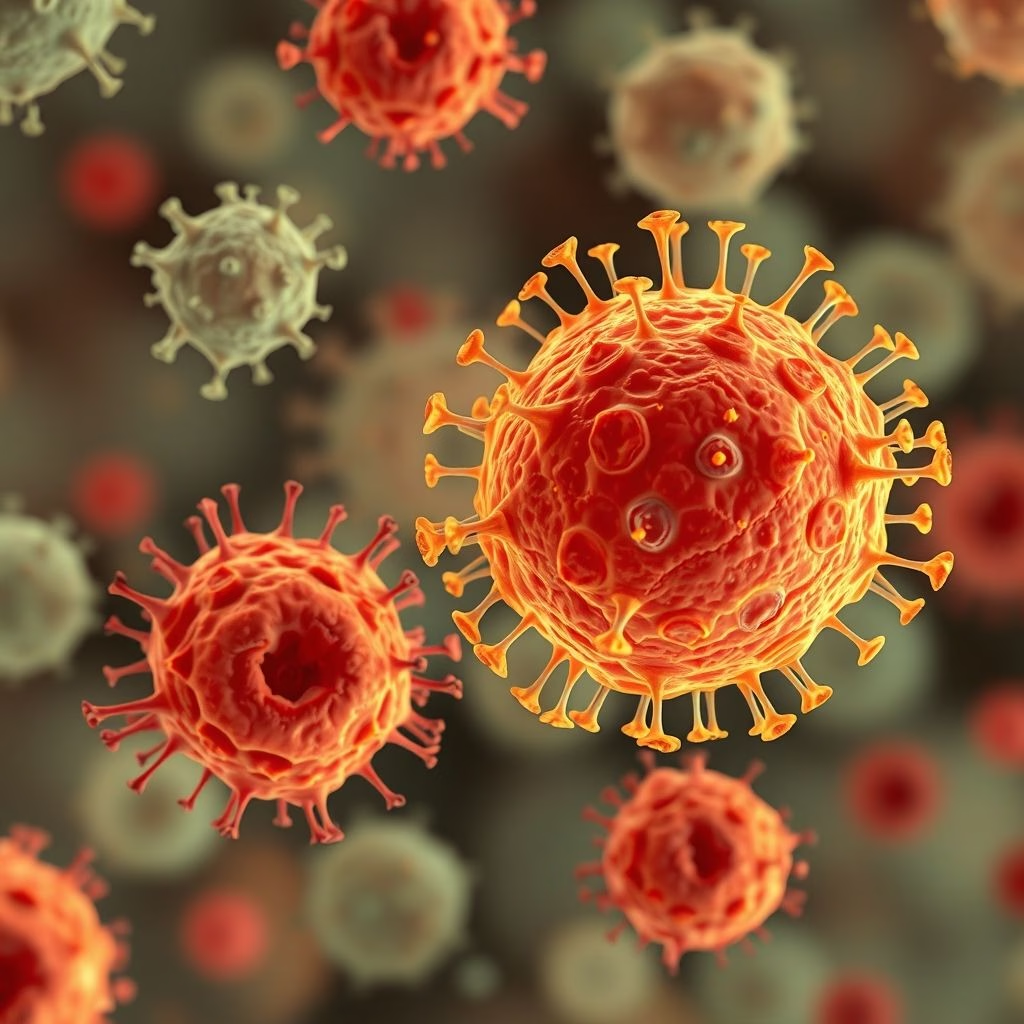Understanding Cancer: From Diagnosis to Treatment

Understanding Cancer: A Comprehensive Overview
Cancer, a term that often evokes fear, is a complex disease characterized by the uncontrolled growth and spread of abnormal cells. It’s a condition that affects millions worldwide, and understanding its nature, development, and the available treatment options is crucial. This blog post aims to provide a clear and informative overview of cancer, touching upon key aspects from diagnosis to treatment and the ongoing efforts in research.
The Basics of Cancer
At its core, cancer arises from genetic mutations that disrupt the normal cellular processes. Healthy cells grow, divide, and die in a controlled manner. Cancer cells, however, evade these controls, multiplying rapidly and forming tumors. These tumors can then invade surrounding tissues and spread to other parts of the body, a process known as metastasis. Early diagnosis and prompt treatment are vital in managing cancer and improving patient outcomes.
Treatment Options: A Focus on Non-Small Cell Lung Cancer
Cancer treatment is often tailored to the specific type and stage of the disease. While various treatments exist, including surgery, radiation therapy, and chemotherapy, targeted therapies are becoming increasingly prevalent. One example of this is in the treatment of advanced non-small cell lung cancer (NSCLC), where prescription medicines like OPDIVO (nivolumab) and YERVOY (ipilimumab) are used in combination.
These medications work by harnessing the power of the immune system to fight cancer cells. OPDIVO and YERVOY are examples of immunotherapy drugs, which block certain proteins that prevent the immune system from attacking cancer cells. The use of these drugs represents a significant advance in cancer treatment, offering new hope for patients with advanced NSCLC. Always consult with your healthcare provider about treatment options and their suitability.
Resources and Support
Living with cancer can be a challenging journey, and access to reliable information and support is essential. Organizations such as the Memorial Sloan Kettering Cancer Center (MSKCC) provide comprehensive cancer care, research programs, and patient support services. The MSKCC, with its facilities, offers a wide range of services to people with cancer, including specialized care for various cancer types. Seeking support from healthcare professionals, support groups, or online resources can help patients and their families navigate the emotional and practical aspects of cancer.
The Importance of Research
Cancer research plays a critical role in advancing our understanding of the disease and developing new and more effective treatments. Research encompasses various aspects, including the study of genes, cells, and immune-based treatments. Scientists are constantly working to uncover the underlying mechanisms of cancer development, identify new drug targets, and develop innovative therapies. Continued investment in cancer research is crucial for improving patient outcomes and ultimately finding cures for different types of cancer.
Looking Ahead
Cancer is a complex and multifaceted disease, but significant progress has been made in recent years. Improved diagnostic techniques, targeted therapies, and a deeper understanding of the disease have all contributed to improved patient outcomes. With ongoing research and the collective efforts of healthcare professionals, researchers, and support organizations, there is a growing optimism that we will continue to make strides in the fight against cancer.
Disclaimer
This blog post is intended for informational purposes only and does not constitute medical advice. Always consult with a qualified healthcare professional for any health concerns or before making any decisions related to your health or treatment.




